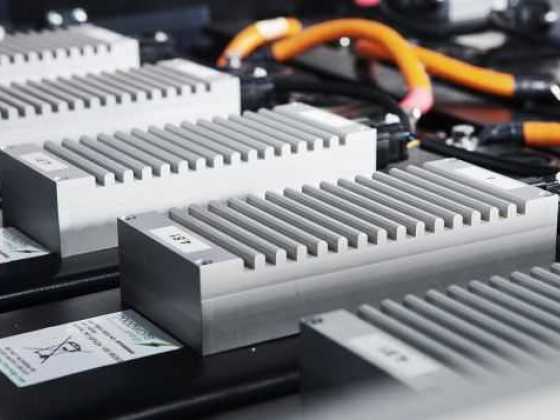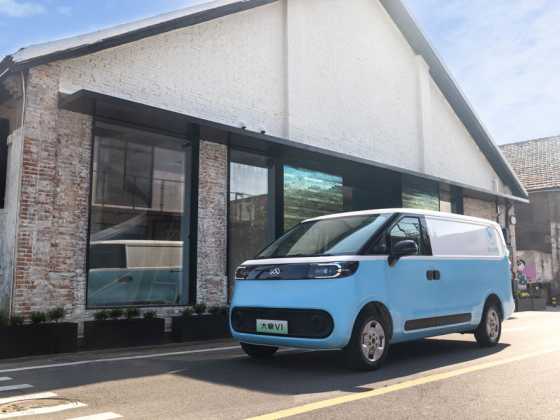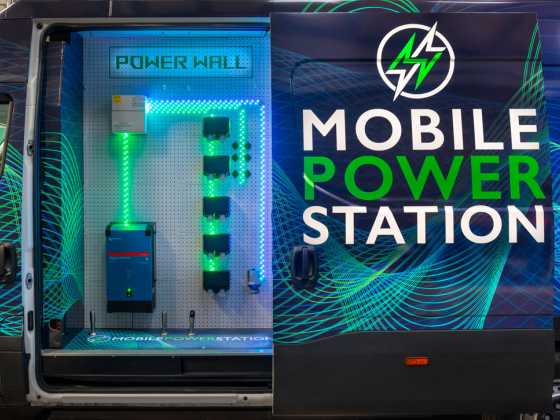VED changes may threaten the UK’s ULEV market
Forty-six per cent of motorists say cheap or zero car tax is a major draw for buying ULEVs, according to a poll from YouGov.
However, changes to the VED brackets in April would see 66 per cent of available alternatively fuelled vehicles, which are currently exempt from tax, pay a flat rate of £130.
According to a YouGov survey, commissioned by the Society of Motor Manufacturers and Traders (SMMT), 51 per cent of motorists said that low running costs were the biggest draw for electric vehicles.
About 36,000 alternatively fuelled vehicles were bought by Britons last year, but rising tax costs are expected to deter potential buyers from choosing an ultra-low emission model.
The survey also showed that just 13 per cent of British motorists are considering an alternatively-fuelled car for their next vehicle.
Following this, in a bid to raise awareness of Britain’s position in the electric car sector, the UK automotive industry organised a display of 26 electric vehicles from 16 different brands near Tower Bridge in London.
Models that were present included the BMW i8 hybrid sports car and the two-seater Renault Twizy city car.
SMMT chief executive Mike Hawes commented: “Thanks to massive investment by vehicle manufacturers, British car buyers have never enjoyed so much choice and, as today’s display shows, that extends to every fuel type. However, our survey highlights the need for ongoing government support for this new market.
“We want to encourage more people to switch to ultra-low-emission vehicles in meaningful numbers, but more must be done to boost buyer confidence. A consistent approach to incentives – fiscal and otherwise – and, most importantly, greater investment in the charging network is essential if we are to grow this emerging market.”
In response, transport minister John Hayes said : “We are working with determination to get more people switching to low emission vehicles. Our Vehicle Technology and Aviation Bill published this week, will make sure the right infrastructure – such as electric charge points and hydrogen refuelling stations – is in place for this growing market."



